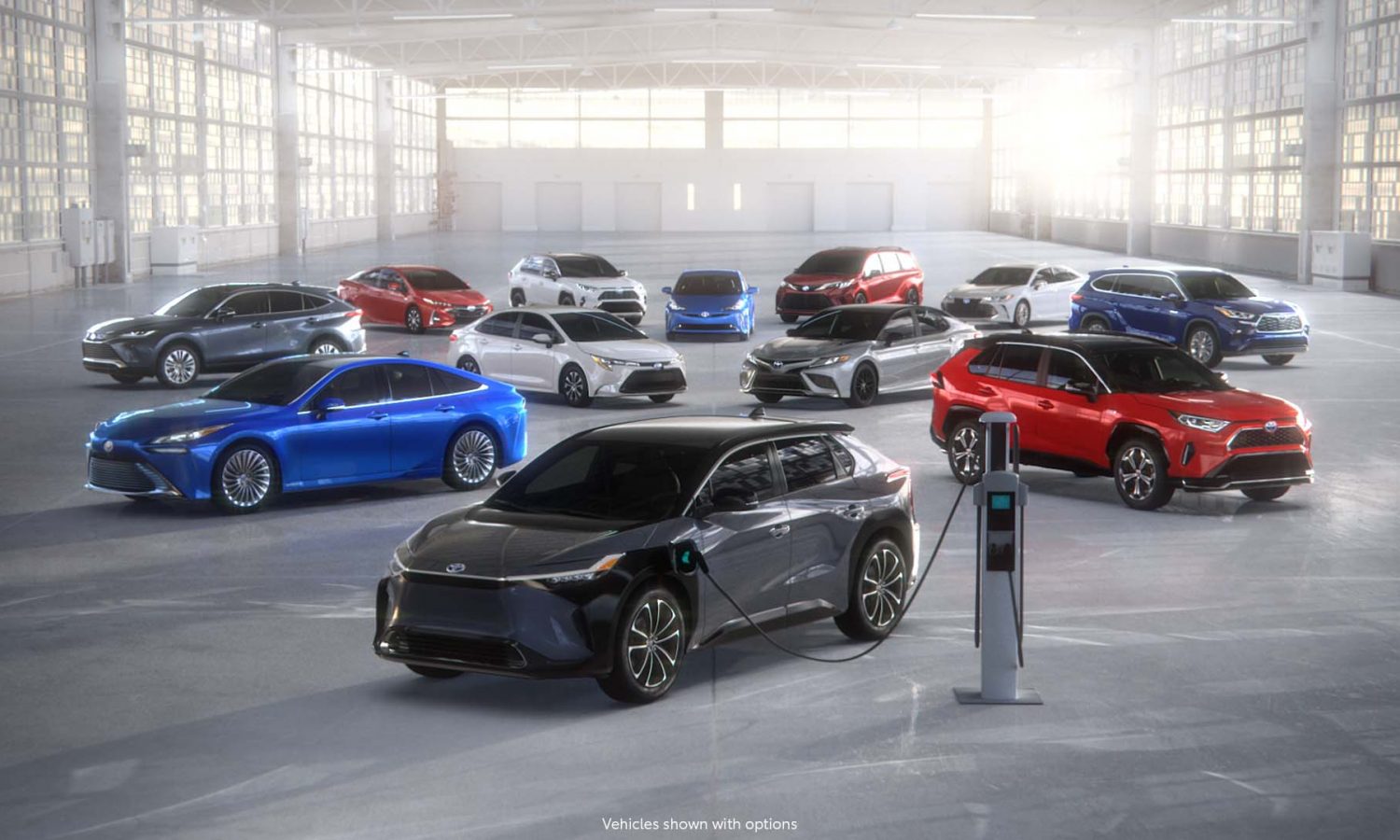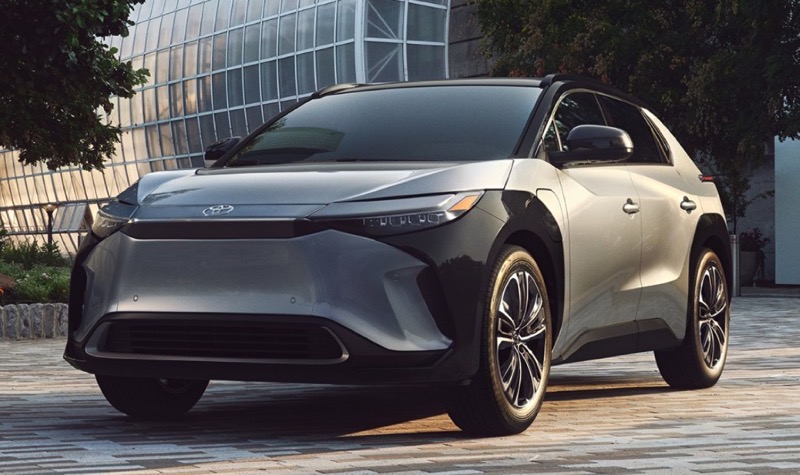
Toyota Hopes to Rival Tesla with Advanced Manufacturing Techniques
Toyota, the world’s top-selling automaker, is leveraging advanced manufacturing techniques and its renowned lean production methods to catch up with electric vehicle (EV) market leader Tesla.
The Japanese automaker showcased its latest technological advances during a plant tour for the media in central Japan last week, revealing its strategy to close the gap in the EV market, according to Reuters.
Kazuaki Shingo, Chief Product Officer at Toyota, emphasized the company’s adaptability, stating, “The strength of Toyota’s manufacturing lies in our ability to respond to changing times.” Shingo referred to the Toyota Production System (TPS), a system of lean production and just-in-time delivery that revolutionized modern manufacturing.
One of the innovations Toyota highlighted is its self-propelled production lines for EVs, which eliminates the need for conveyor equipment, thereby reducing costs and increasing flexibility. This technology is similar to Tesla’s pioneering of gigacasting for cars, a die-casting technology that produces large aluminum parts. Toyota has developed molds that can be replaced in 20 minutes, as opposed to the typical 24 hours, resulting in an estimated 20% boost in productivity.
Toyota also introduced a self-driving transport robot at its Motomachi plant that moves new vehicles across a 40,000-square-meter parking lot, reducing the physical burden on truck drivers and potentially increasing efficiency.
The push towards advanced manufacturing comes as Toyota aims to increase its share in the global EV market, which stood at only about 0.3% in 2022, according to Goldman Sachs. The company announced an ambitious plan in June to ramp up battery EVs, marking a significant shift from its previous focus on hybrid technology.
Tesla has a huge lead right now in EVs and it remains unclear if Toyota can catch up, as the Japanese automaker has failed to keep pace with other legacy automakers in releasing electric models for the masses. Production is one thing, but in-car software is another and that’s one area other automakers have yet to catch up to Tesla’s offerings.
